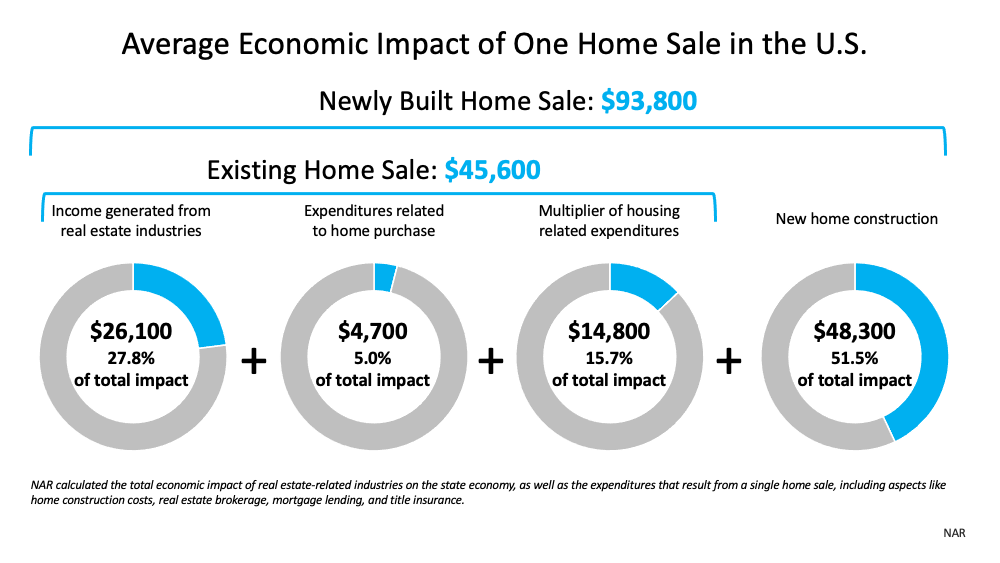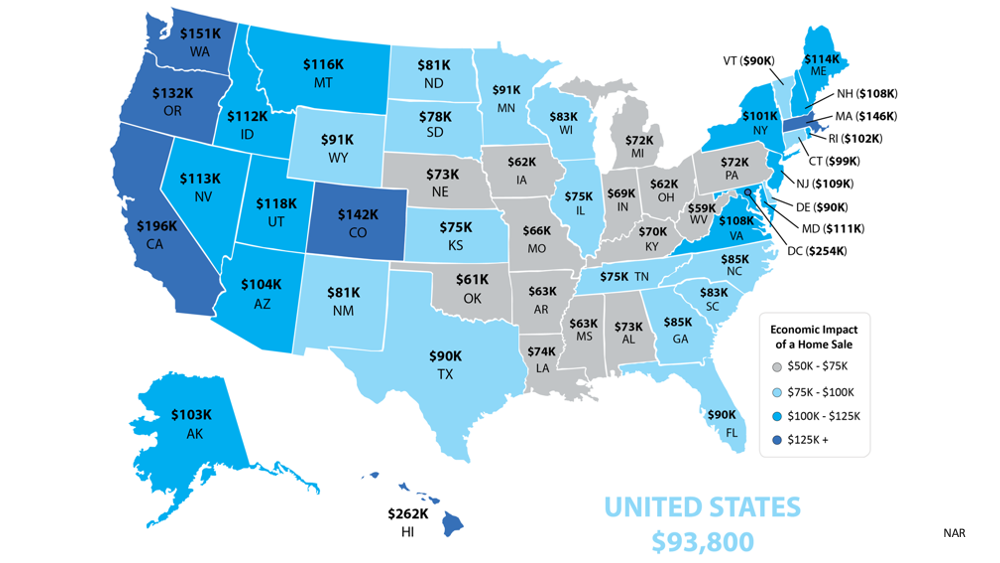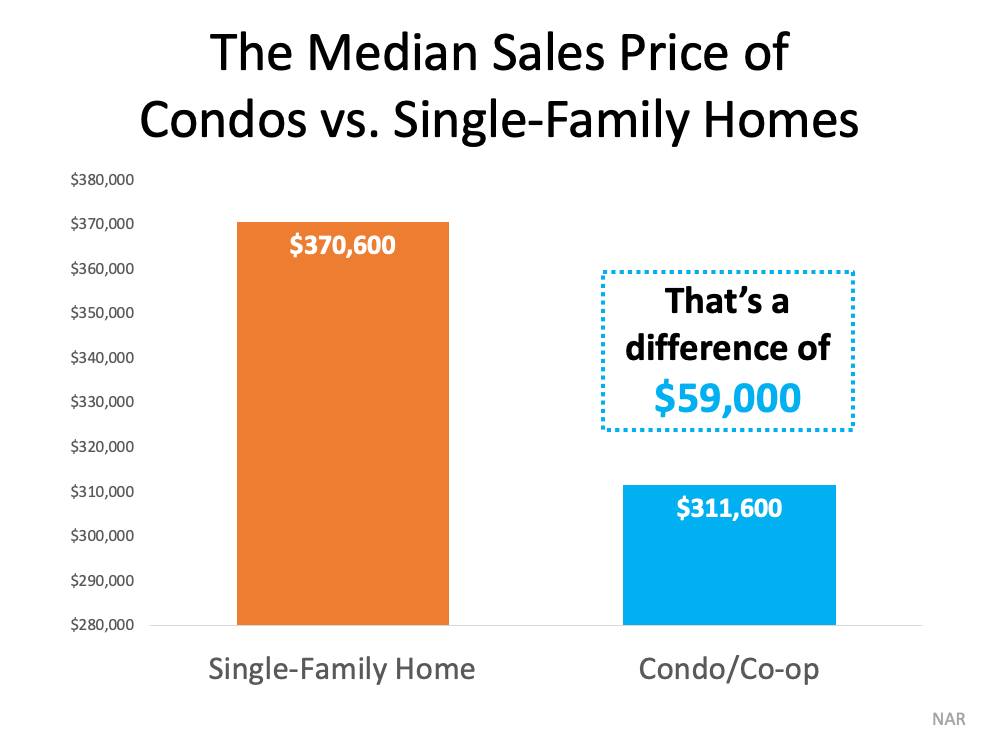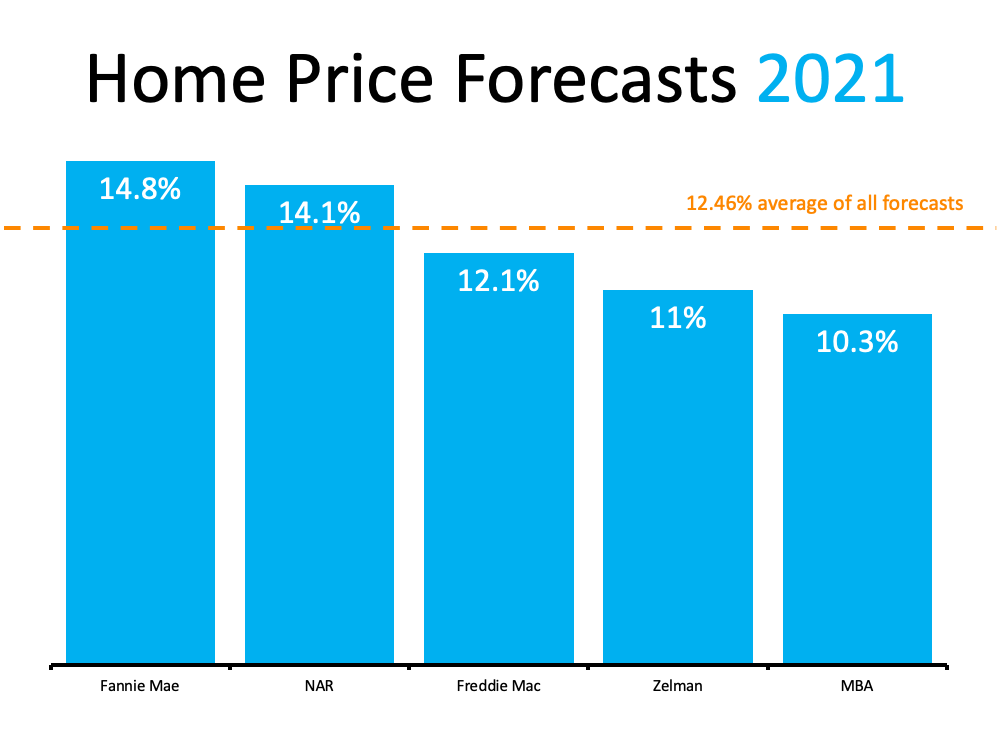Do Your Windows Need Service?
Windows are one of the most important features of your house. They let in light, let in fresh air, and can have a significant impact on the overall look of your rooms. With that said, windows do require a bit of maintenance from time to time. Most of the time, it will be simple things like cleaning the windows and checking window screens for damage to make sure that your windows are still operating in tip-top shape. Occasionally, though, you may find that your windows require a bit more service to keep them from showing wear and other damage over time.
If you aren’t sure what sort of service and maintenance your windows might need, don’t worry. A lot of homeowners are somewhat in the dark about proper window maintenance, and the amount of service your windows need depends on a lot of factors including their age and the climate where you live. To help ensure that your windows get the attention that they deserve, here is some info on proper window maintenance and how to tell if your windows need additional service.
Window Service
There are a number of types of service and other maintenance that your windows may require from time to time. Some of these are simple, such as periodic cleaning on both the inside and the outside of the window. Some maintenance operations are a bit more complicated, however.
When checking your windows to see if they need service, there are several things that you should check for. Open the windows to make sure that they’re operating correctly, taking note of any difficulties that you have or if they seem to stick at any point when opening or closing them. Inspect the windows for any signs of visible damage, both to the panes and to other components such as the frame, muntin sections, or the sill. Look for signs of water getting trapped in between panes in double-paned windows, and also feel around for drafts or signs of leaks. You should also pick a quiet time to listen for a few minutes near the windows to see if more noise than usual seems to be getting through. Any of these issues will require correction, and the sooner you identify them then the easier that service will be.
When to Service Your Windows
Unless something obvious like a rock striking a windowpane happens and causes physical damage to one of your windows, it can be a bit difficult to tell when your windows actually need service. Since you don’t have time to constantly check over your windows, it’s a good idea to check them at least a couple of times per year. You can usually make the most out of these maintenance checks by doing one early in the spring when temperatures are starting to rise after winter, and again in late summer or early fall as temps start to drop again. This will alert you to potential problems caused by the intensity of winter cold or summer heat and preps you for seasons with a lot of rain, drafts, and other issues.
With that said, it doesn’t hurt to give your windows the occasional once-over as well. Clean them or at least wipe them down once a month, checking for any obvious signs of problems as you do. You should also do a more thorough inspection if you notice drafts, louder noises, or signs of leaks near the windows. You don’t have to go in-depth with your windows during these periodic checks unless there’s some sign of trouble, but even just a glance every now and then can do wonders for early detection of problems.















